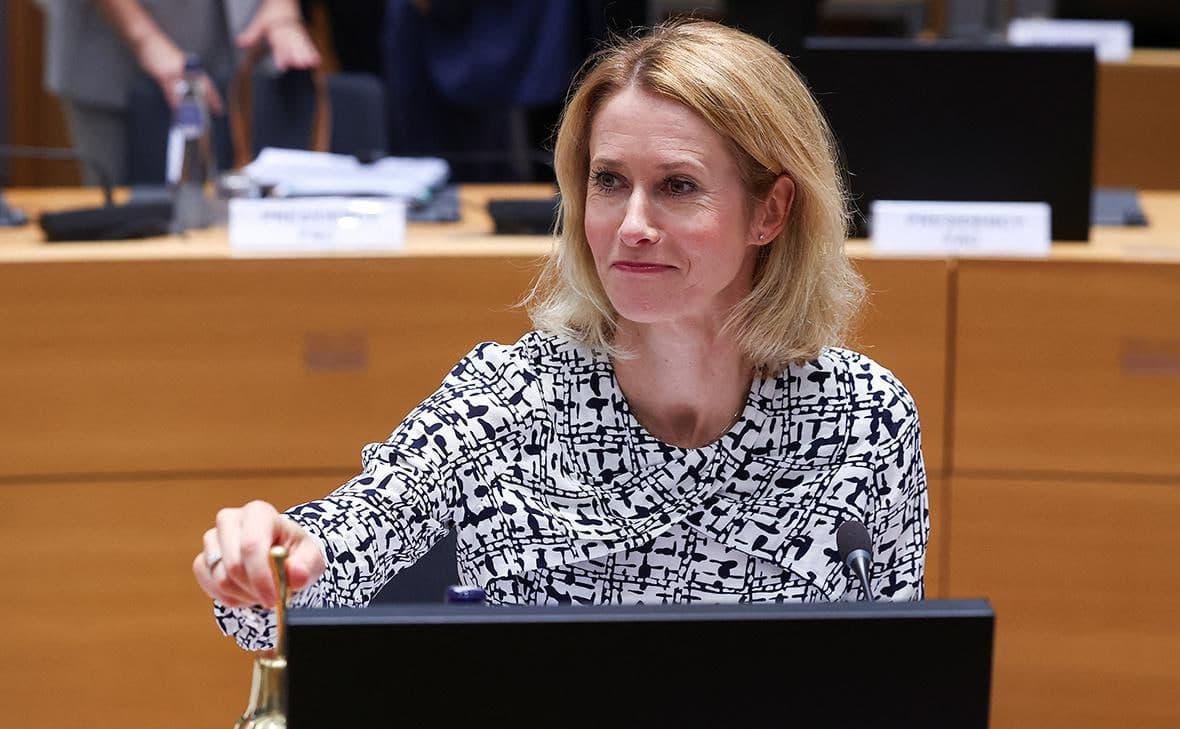EU Foreign Ministers Reject Trump’s Peace Plan for Ukraine
In a decisive move, European Union (EU) foreign ministers convened in Brussels on Thursday, November 20, 2025, to address the implications of former U.S. President Donald Trump’s newly proposed peace plan concerning the ongoing conflict in Ukraine. The ministers unanimously expressed their unwillingness to support any aspect of the plan that would require Ukraine to make territorial concessions to Russia.
Key Details
The meeting of EU foreign ministers was marked by a clear consensus: Europe will not endorse any proposals that would pressure Ukraine into relinquishing territory. This stance was articulated by several diplomats present at the meeting, who emphasized that the integrity of Ukraine’s borders must be maintained. The rejection of Trump’s plan underscores the EU"s commitment to supporting Ukraine’s sovereignty amidst the ongoing conflict with Russia, which has been a focal point of international relations since the war began in 2022.
Reuters reported on the proceedings, highlighting that the EU"s position is firmly against any negotiations that would undermine Ukraine’s territorial integrity. The ministers reiterated that any peace initiative must prioritize Ukraine"s rights and interests, reflecting a broader European strategy of supporting Kyiv in its fight against Russian aggression.
Background
The context for this meeting stems from the complex geopolitical landscape in Eastern Europe, particularly following Russia"s annexation of Crimea in 2014 and the subsequent escalation of hostilities in 2022. The conflict has drawn significant international attention, leading to various diplomatic efforts aimed at achieving a peaceful resolution. Trump"s peace proposal, which has not been publicly detailed, reportedly includes terms that some European leaders perceive as potentially detrimental to Ukraine’s territorial claims.
In previous reports, the U.S. has proposed various peace plans, including a comprehensive 28-point framework aimed at ending the Ukraine-Russia war. However, the specifics of Trump"s latest proposal have raised concerns among European leaders, who fear that it may echo earlier attempts to negotiate peace at Ukraine"s expense. As previously reported, the U.S. and Russia have engaged in discussions regarding security measures and territorial recognition, but the EU remains cautious about any agreements that could compromise Ukraine’s sovereignty.
What"s Next
The rejection of Trump"s peace plan by EU foreign ministers signals a potential rift between European and American approaches to the Ukraine crisis. As the situation evolves, it remains to be seen how the U.S. will respond to the EU"s firm stance. The EU"s commitment to supporting Ukraine without concessions may influence future diplomatic negotiations and could lead to a reevaluation of strategies by both the U.S. and Russia.
As the conflict continues, the EU"s position reinforces its role as a key player in international diplomacy regarding Ukraine. The ministers’ decision not only reflects a unified front against territorial concessions but also highlights the ongoing commitment of European nations to uphold international law and support for Ukraine in its struggle against Russian aggression.
For further insights on the evolving situation, readers can refer to related coverage on the U.S. proposing a 28-point peace plan and the recent developments in U.S. and Russia"s discussions.


![[Video] Heavy clashes and gunfire reported in Baghdad, Iraq](/_next/image?url=%2Fapi%2Fimage%2Fthumbnails%2Fthumbnail-1768342239932-848qsh-thumbnail.jpg&w=3840&q=75)




![[Video] Gunfire between Iraqi security forces and Sadr militias in Baghdad](/_next/image?url=%2Fapi%2Fimage%2Fthumbnails%2Fthumbnail-1768343508874-4redb-thumbnail.jpg&w=3840&q=75)
